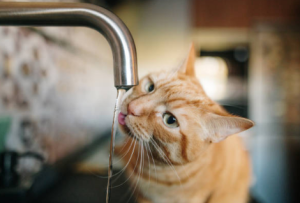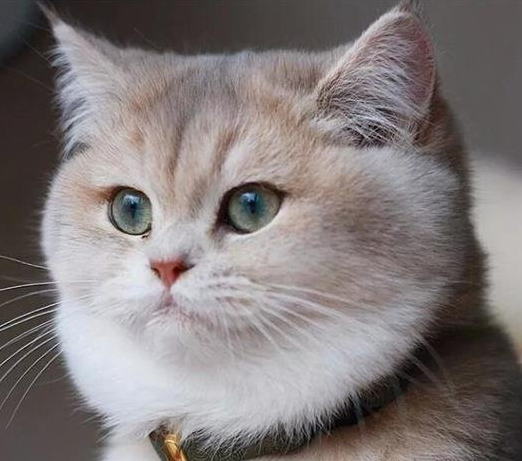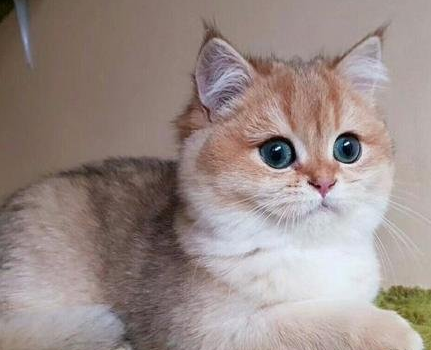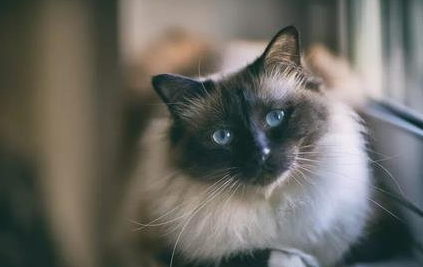
What You Need to Know About Homemade Cat Food
06/01/2024
Tips for bathing and cleaning your cat at home
06/13/2024How Much Water Does an Adult Cat Need to Drink?
Cats need fresh drinking water every day to stay in optimal health. Water is essential for helping the kidneys flush out toxins from the blood. Whether due to illness or lack of fluids, cat dehydration is dangerous and can lead to death if left untreated.
Cats with kidney failure, whether acute or chronic, often require additional fluids intravenously or subcutaneously. The latter therapy is usually done at home and is relatively easy to learn and perform. For most cats, the improvement after these treatments is significant and noticeable.
Drinking Too Much Water
Drinking too much water can be a red flag for hyperthyroidism or diabetes in cats.
While cats may instinctively drink more water in hot weather, as with all cat habits, it’s important to know how much water your cat drinks normally. If they suddenly start drinking a lot of water and also have other symptoms, they need to consult a veterinarian immediately.

The Need for Water Depends on the Diet
A cat’s body tissue is made up of about 67% water. Coincidentally, this is about the percentage of water in the prey they catch and eat in the wild. In contrast, dry cat food contains 6 to 10 percent water, and canned cat food has a moisture content of at least 75 percent, making it a good source of water.
As a result, cats on a pure dry food diet require more supplemental drinking water than cats on a pure raw or canned diet. Similarly, cats that eat dry and canned cat food also need more drinking water.
In an article in PetMd.com, Dr. Jennifer Coates created a formula that suggests that a 10-pound adult cat that eats dry food needs about one cup of water per day. The same cat that eats canned food needs about a third of a glass of water per day.
Suggestion
Always provide fresh, clean water to all cats, regardless of diet, preferably using an automatic water dispenser.
Watch for signs of dehydration. A good test is to pull up the loose skin on the nape of the neck. If it bounces back immediately, it is a sign that the cat is well hydrated. 5 If it resolves slowly, dehydration is suspected. Try adding water to your cat’s canned food, or adding an ice cube or two to your cat’s drinking water, it will be more fun. If there is no significant recession of the skin on the neck and the cat is showing any other signs of illness, call your veterinarian immediately.
Know your cat’s drinking habits. Call your veterinarian if they suddenly “don’t drink” or start drinking too much water frequently.



